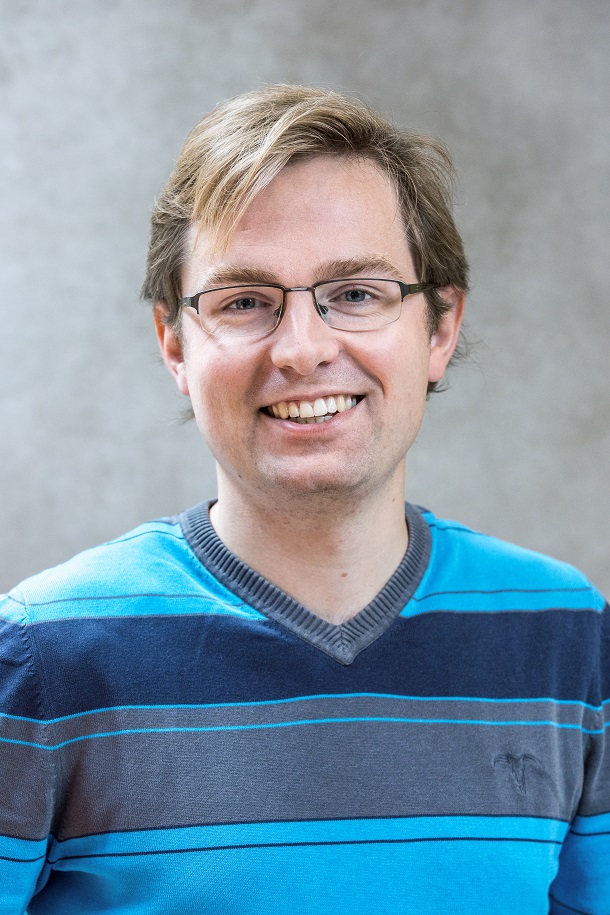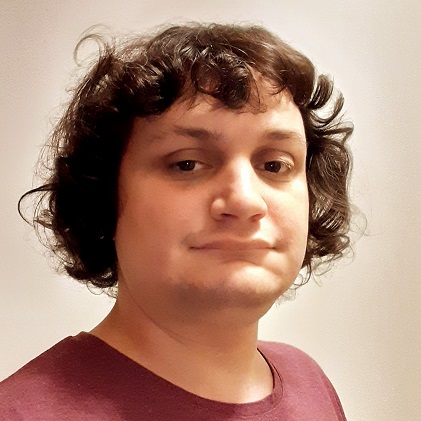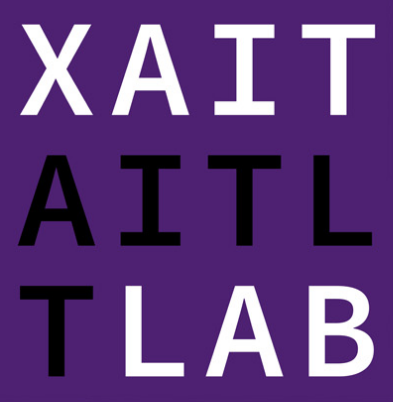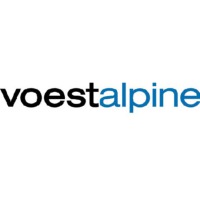Dr. Emir Demirović
Associate Professor of Computer Science, TU Delft, The Netherlands
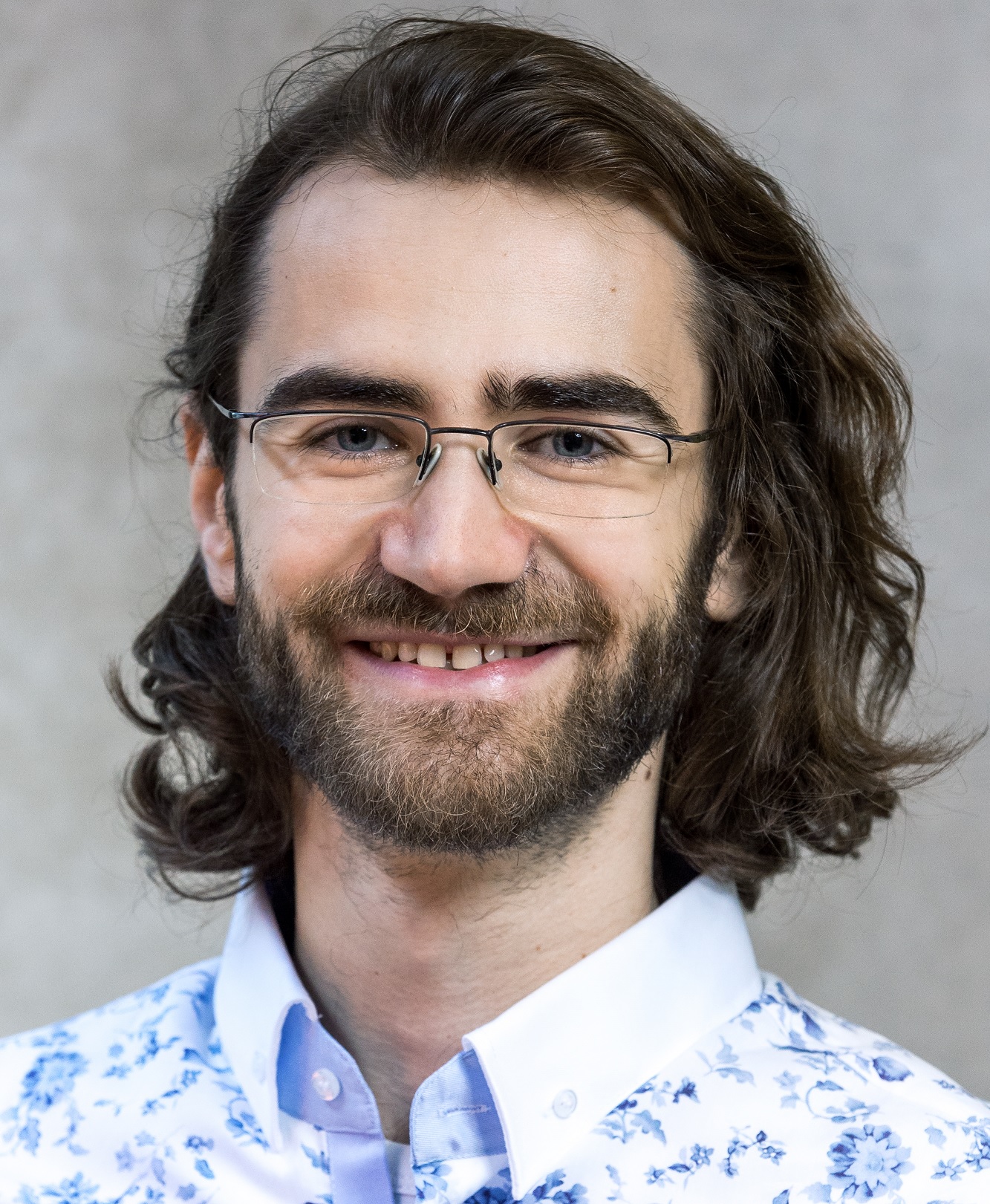
I lead the Constraint Solving ("ConSol") research group, where we design and implement combinatorial optimisation algorithms to solve a wide range of (real-world) problems. I am also the co-director of the Explainable AI in Transportation lab ("XAIT") as part of the Delft AI Labs. I received the Early Career Research Award 2025 from the Association of Constraint Programming, and have been recognised as an ELLIS Scholar by the European machine learning network.
My research focus is on solving techniques based on constraint programming, dynamic programming approaches for optimising decision trees, and explainable combinatorial optimisation. I am also interested in the integration of optimisation and machine learning, complexity analysis of robust/resilient notions for combinatorial problems, and industrial applications.
I publish in leading AI and ML conferences (e.g., AAAI, NeurIPS) and specialised venues (CP, CPAIOR). I have been invited to scientific events such as Dagstuhl seminars, Lorentz workshops, and a Simons-Berkeley programme. I enjoy organising both incoming and outgoing research visits (e.g., EPFL, ANITI/CNRS, CUHK, Monash University, TU Wien, NII/AIST Japan), and in general highly value collaboration with (inter)national researchers, e.g., co-authored papers with more than 40 researchers. In the past I participated in several algorithmic competitions, scoring first place, e.g., incomplete tracks of MaxSAT Evaluation 2018+, ROADEF/EURO 2012. Competitions serve as a good way of promoting my work beyond publications, e.g., Google OR-Tools adopted some of my ideas. Our approaches on optimising decision trees offer order-of-magnitude runtime improvements whilst support additional constraints.
Prior to my appointment at TU Delft, I worked as postdoc at the University of Melbourne (2017-2020), received my PhD from the Vienna University of Technology in 2017, and in between these positions held shorter term posts at a production planning and scheduling company MCP (Vienna, Austria) and the National Institute of Informatics (Tokyo, Japan).
Office:
4.E.400, Building 28
Email: e.demirovic@tudelft.nl
Publications: Google Scholar
-
Recent highlights
- Promoted to Associate Professor
- Early Career Research Award 2025 from the Association of Constraint Programming
- Invited to give a talk at the European Conference on AI (ECAI'25)
- Bronze medal in the Fixed Search track of the MiniZinc Challenge 2025 with our constraint programming solver Pumpkin
- NeurIPS 2023 and 2025 Spotlight papers
- Donald Knuth mentions our work on certificate generation for constraint programming as promising in his new book (Art of Computer Programming, Volumn 4, Fascicle 7)!





